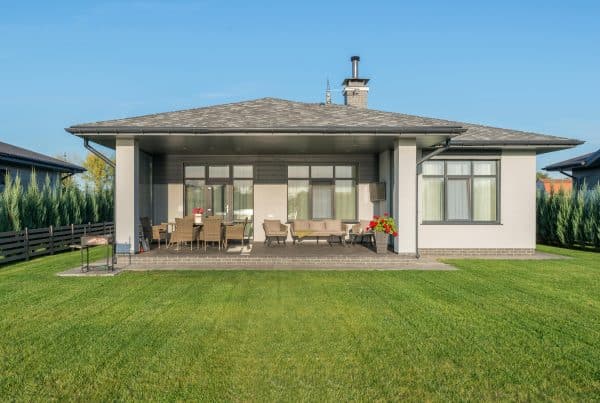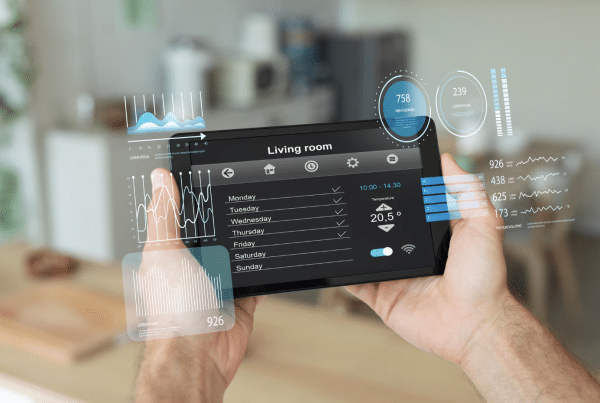Fibreglass pools are state-of-the-art pools, and although their materials are of superior quality, the pools need care. Nowadays, with all the media attention on sustainability and giving back to the environment, your pool maintenance has a lot to do with the environment. The cleaner your pool is, the eco-friendlier it will stand to be.
Owning a pool in your backyard may have been a dream in the past, but now, almost everyone has one. Cleaning can be stressful for the majority of pool owners, not only with the budget in mind but also with the environment. The aspects of home swimming pools that are tied to environmental concerns are related to heat energy for pool heating, chemicals used for cleaning, and the water that fills the pool. You have to remember, too, that the water has to be kept at the required levels in a pool.
Sustainability counts
Fibreglass pools don’t come cheap, depending on the pool you select. Whether you’re in the mood to plunge into buying one or already own a pool, significant ways to ensure that your private water hole is sustainable exist. There are thermal covers and solar energy pumps, just to name a few environmentally conscious devices for pools. These go a long way to keep water temperatures at proper levels and decrease the evaporation of water. Water is a natural resource and cannot be wasted or polluted when you have a pool.
Among some of the most vital home pool tips to give a thumbs up to the eco credits of your pool is to make the water neutral. Getting concerned with energy and water levels is not a bad idea when you use a pool, and pools with water neutrality offer you an easy answer. A pool that is termed “water neutral” simply means that such a pool makes use of a blend of devices that facilitate the saving and harvesting of water. These devices are in the form of water tanks that collect water when it rains for filling pools. You also get backwash minimal mechanisms to reduce the environmental impact of the total water requirement for pool maintenance.
Pools that have water neutrality are easy to maintain as they don’t need harmful and costly chemicals for remaining spic and span. The low cost of maintenance in terms of less chemical use and keeping your pool aligned with environmental norms is a good incentive to get such a simple system working.
Harnessing the sun’s energy
The best resource for sustainability today is the sun. Unfortunately, humans do not make optimal use of solar energy or are uneducated about it. If you want to get into the budget-savvy mode and be eco-friendly simultaneously, fibreglass pools can be literally operated with the heat of the sun. In countries where the sun shines on a daily basis, this is a boon to keep the environment intact and save on energy bills. Solar panels may cost you a pretty penny to install initially, but once you have that extra wattage of solar power, you’re set for a long duration. All you need is 2-3kW of panelling for pool operations.
Your panels suffice for standard pool needs like the pool filter and pump mechanisms. The best way to be effective in your use of solar power is to run your pump on a timer. You can schedule it to be on from 10 AM to 3 PM, ensuring you use the most power from the sun. Home swimming pools Newcastle that are managed this way experience less operational costs while protecting the planet.
Eco-friendly technology
You may think that home pool tips are not simple when you have to install solar panels, but once this is done, it’s a one-time effort to keep you set with your pool for life. The same goes for pool lighting. Conventional halogen bulbs are not tuned into keeping the environment safe. Instead, it’s a good idea to use LED lights. These use much less power, lower than a quarter of that used by bulbs of halogen, and last long. They are easily made automatic and can be operated from an app on your smartphone.
While installing older fibreglass pools, it was the norm to put in halogen lights. You can soon have these switched to LED bulbs. LED bulbs are brighter, so you may need a lesser amount of these fitted in too. In other green-and-clean ways to live with your pool, you can effectively avoid too much of a carbon footprint by covering your pool. When it is not being used, get a thermal cover over your pool to cover it. This will offer convenience and insulation, plus retain heat, decrease evaporation, and keep chemical balance in check. Thermal covers can withstand UV, so they are more durable than regular pool covers. You can also use solar pool covers as a good alternative.
Be smart with home pool tips
One of the major things that make the environment prone to wear and tear is the cleanliness factor of any equipment. Since a pool is invariably installed in your backyard, it tends to get dirty if not maintained well. Although fibreglass pools are equipped to handle pressure due to use, they still need attention regularly. Most pools come with systems for self-cleaning, and it’s worthwhile to install these when you get your pool fitted.
You get efficient cleaning machines that are installed on the pool floor, using the circulation of water to clean pools. Such systems reduce chemical use, which can harm your pool and the environment over time. In fibreglass pools, such systems save water and energy by returning water that is treated to the pool floor. Consequently, heat loss is avoided, as well as excessive chemical use.
Put sustainability first
Besides keeping your pool spotless, you can also avoid overheating the pool. If you do this, you tend to waste valuable energy. Ideally, your pool water should be between 25 and 28 degrees. With each rise in a degree, 10%-30% in the cost of energy is added to your bill.
Conclusion
With fibreglass pools (or any pools for that matter), you should never make the mistake of overusing the pump of the pool. Based on data from the Australian government energy source, the pump of a pool creates just as much gas (of the greenhouse variety) as a big car in a year. The best way to control the use of the pump is to put it on a timer, and this will reduce emissions as well.








